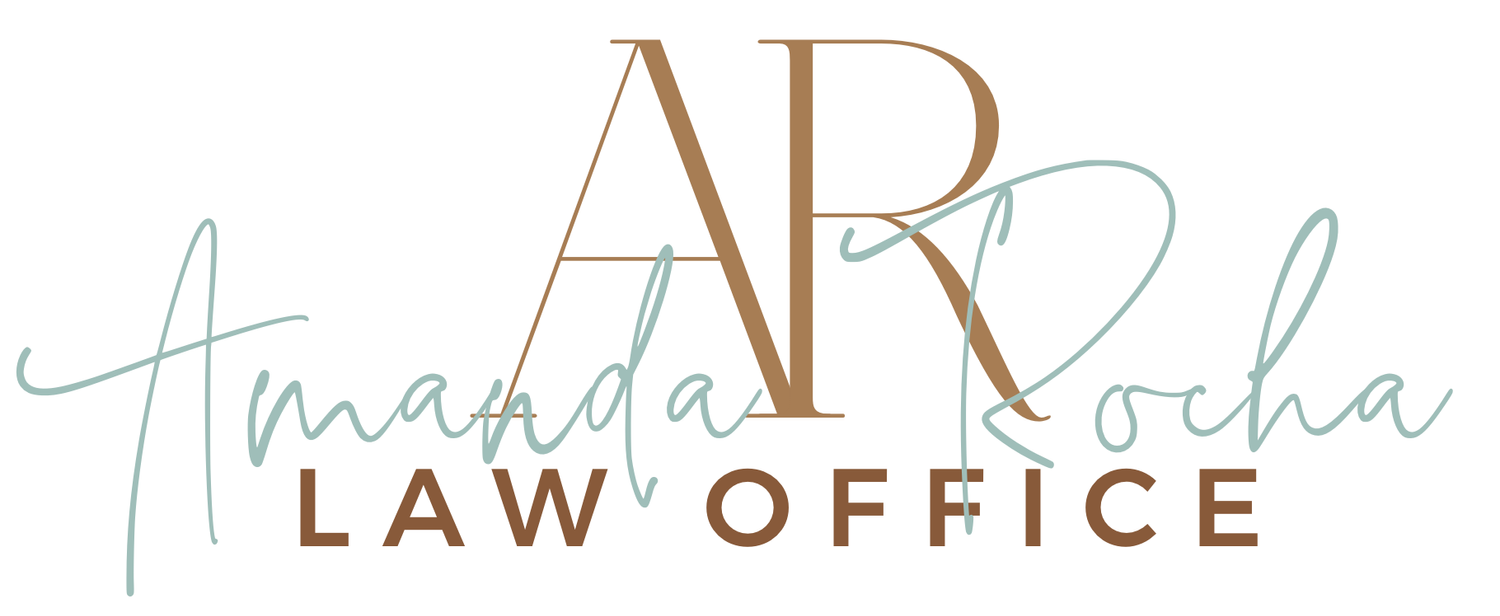Estate Planning for Renters
Contrary to popular belief, estate planning is not just for people who own a home or property. Done correctly, estate planning is a tool to use for the rest of your life and beyond. The question remaining is, what do renters need in their estate plan?
Incapacity Planning
Before considering your personal possessions and what will happen to them when you pass away, you should consider the who/what/where/how of your potential incapacity. There are a few documents that an estate plan utilizes for this time.
Durable Power of Attorney
If you become incapacitated, regardless of whether it is temporary or permanent, a durable power of attorney is an important tool to have in your kit. It names a person (also known as an agent) to act on your behalf with regard to your financial well being. The document itself will outline the agent’s authority to act, and when they are able to act. You can have the agent immediately effective or they can become your agent when you are no longer able to act on your own behalf.
A power of attorney is only effective during your lifetime. The agent commonly has powers that include being able to deal with your financial institutions and other accounts in order to pay for your needs and make decisions for you.
Advanced Healthcare Directive
An advanced healthcare directive serves dual purposes. First, it names a healthcare power of attorney to act on your behalf when you are no longer able to do so (again, the terms of this are detailed in the document itself), and second, it outlines your medical wishes for your healthcare providers in an end of life or life threatening situation. It can also dictate your wishes upon death.
A healthcare power of attorney is able to call the shots, so to speak, when you are no longer able to do so. This document is important for every adult to have, because parents of adults, spouses, children, and siblings do not have the power to make these decisions for you without it.
The agents for healthcare and financial powers of attorney do not have to be the same person!
HIPAA Release
The Health Insurance Portability and Accountability Act of 1996 prevents health care professionals from releasing any medical information about an adult to another person or entity unless they are named in a HIPAA Release. Not all HIPAA releases are created equally, and only the correct forms will be accepted. With the correct form, the people named in your HIPAA release will be able to speak with your medical professionals about your condition. This alone does not allow anyone to make any healthcare decisions for you.
Many people list their immediate family members on their HIPAA release and only choose one person to have decision making power (the healthcare agent mentioned above). This allows your loved ones to be informed but prevents a fight over what to do when a decision has to be made.
Guardian Declaration
Parents of minor children have an additional consideration to make. If they are unable to care for their children due to an illness or injury, they should have a pre-designated guardian named to step in for them. Without this document, a court hearing will have to be held and a Judge will make this decision based on whatever information they deem important.
The best person to make this decision is YOU. You know what is best for your children and know their relationship with other people. You will take into account more information than a Judge will ever seek.
While a will can name a guardian for your children if you pass away, it is ineffective during your lifetime and will not matter at all if you become incapacitated.
Death Planning
Most people think about wills and trusts when they think about estate planning. These are the most common documents that are discussed because they are the most complicated and most often require an attorney’s help. Not every person needs the same estate plan, and because of that, careful consideration has to be made to determine what is best for you.
Will
A will is a document outlining your property, both personal and real (real estate), and your wishes for how you would like it to be distributed at your death. There are limitations to having a will only, for example, a will without more does not plan for your incapacity. Most importantly, a will does not avoid probate.
A renter will not have real property to add into a will, however, they do have personal property such as their possessions, they may have art or collections, you can determine what will happen to your vehicles, your bank accounts, and any digital assets. As mentioned above, you also name a guardian for your minor children.
Trust
A trust has the ability to distribute property during your lifetime and afterward, as well as own property itself. Your wishes for incapacity can be memorialized in a trust, and it can be easily amended during your lifetime. A complete trust will avoid probate!
While a trust typically is used to own a home or other real property, it also can be funded (title transferred from your name to the trust itself) with retirement accounts and bank accounts.
Many renters have a 401k, almost all people all have bank accounts, others have investment accounts and more. A trust can be set up to pass along these assets without having to go to court for probate.
What is the Next Step?
If you are interested in getting your estate plan together, click the button below to schedule a free consultation!
